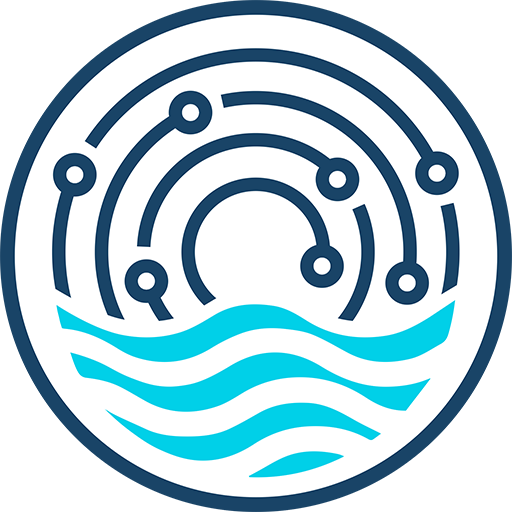New Hope for Treating Pancreatic Cancer with the Help of Artificial Intelligence
This time, cutting-edge artificial intelligence technologies have taken on one of the deadliest types of cancer — pancreatic cancer. Researchers say this emerging technology could soon revolutionize personalized treatments and disease prediction.
In a study published in the Journal of Basic and Applied Sciences at Beni-Suef University, a team of researchers analyzed scientific sources related to pancreatic cancer to evaluate the effectiveness of artificial intelligence in identifying and managing this deadly disease.
Why is pancreatic cancer called the "king of cancers"?
Pancreatic cancer has become one of the deadliest medical challenges due to its high mortality rate and late diagnosis. In 2022, more than 467,000 deaths were recorded from this disease, and the latest statistics report over 510,000 new cases worldwide.
Researchers emphasize that the lack of warning signs in the early stages and the absence of reliable molecular markers cause most patients to be diagnosed at advanced stages of the disease, where interventions such as surgery are no longer effective.
New Roadmap: From Diagnosis to Treatment
According to the results of this study, the application of artificial intelligence algorithms can revolutionize the process of diagnosis, prognosis, and treatment of pancreatic cancer. Medical image analysis with the help of this technology enables physicians to make more accurate assessments and faster decisions.
This article also highlights the key role of "multi-omics," a method that integrates and analyzes a patient’s genetic, proteomic, and metabolic data. The authors state that to fully leverage this capability, collaboration among experts in medicine, data mining, and information technology is essential.
How Does Artificial Intelligence Help?
Advanced machine learning models, by processing complex patient data, are capable of identifying hidden patterns that remain unnoticed by physicians. On the other hand, the use of the Internet of Things (IoT) in collecting patient data has opened new horizons for prevention and treatment.
An interesting point in this research is the emphasis on using Explainable AI—a model that can visually and simply explain its predictions and analyses to doctors and even patients. This approach is an important step toward gaining public trust and improving treatment accuracy.
Better Interaction Between Doctor and Machine
The authors of the article recommend that physicians should have a deep understanding of how artificial intelligence models operate, as the outputs of these systems cannot be effectively used without human interpretation. They believe that intelligent tools should work alongside healthcare teams, not replace them.
At the end of the article, a future is described where artificial intelligence assists oncologists in designing precise treatments tailored to patients' genetic characteristics and predicted responses; including therapies such as immunotherapy, chemotherapy, radiotherapy, and targeted surgeries.


